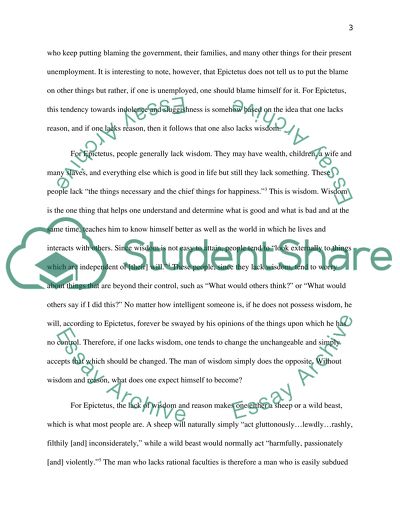Cite this document
(“Analyze Epictetus Major Works: Discourses Enchiridion Essay”, n.d.)
Retrieved from https://studentshare.org/philosophy/1430957-analyze-epictetus-major-works-discourses
Retrieved from https://studentshare.org/philosophy/1430957-analyze-epictetus-major-works-discourses
(Analyze Epictetus Major Works: Discourses Enchiridion Essay)
https://studentshare.org/philosophy/1430957-analyze-epictetus-major-works-discourses.
https://studentshare.org/philosophy/1430957-analyze-epictetus-major-works-discourses.
“Analyze Epictetus Major Works: Discourses Enchiridion Essay”, n.d. https://studentshare.org/philosophy/1430957-analyze-epictetus-major-works-discourses.


